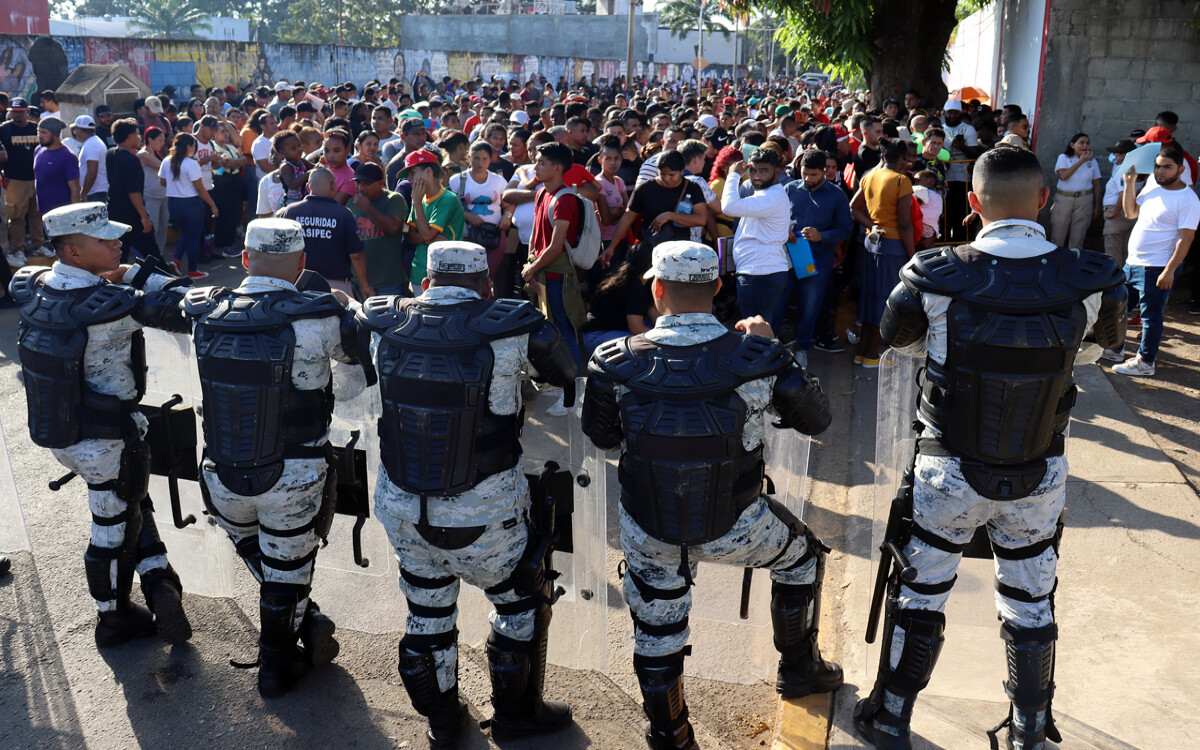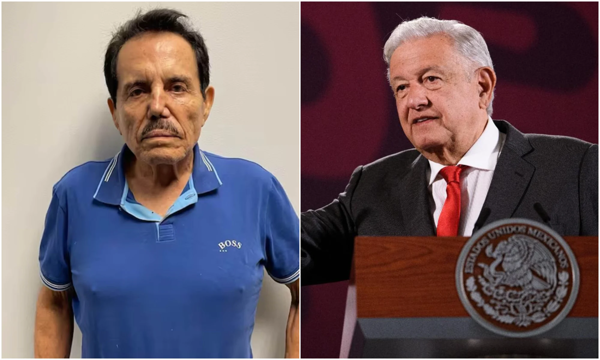
The director of the Prodh Center, Santiago Aguirre, expressed his concern about the possible negative impacts on human rights due to the deployment of ten thousand National Guard members on the northern border of Mexico. Aguirre emphasized the importance of establishing civilian controls to prevent abuses against migrants, especially in a complex context with nativist, racist, and xenophobic attitudes from the government of the United States.
Regarding previous deployments of military forces on the southern border of Mexico, Aguirre warned about the risks faced by migrants. He mentioned recent cases of abuses, such as the deaths of Colombian migrants in Tecate and migrants in Chiapas, where members of the National Guard and the Army were involved, highlighting the excessive and disproportionate use of lethal force on some occasions.
In the absence of the National Human Rights Commission, Aguirre highlighted the fundamental role played by civil organizations and faith communities in denouncing abuses and documenting the human consequences of migration policies. He emphasized that it is these organizations that are recording the human impact of such policies.
Aguirre reminded that Mexico has not historically been a welcoming country for migrants, pointing out the abuses they face, such as excessive use of force by authorities, extortion, and sexual assaults perpetrated by criminal groups. He highlighted that militarization not only increases dangers for migrants but also strengthens human trafficking networks, worsening the situation for those crossing the country.
Finally, the director of the Prodh Center called on civil society, the media, and faith communities to maintain constant vigilance and report possible abuses that may occur both in Mexico and in the United States. He emphasized the importance of alerting and documenting cases that occur, considering the possibility of human rights violations amid this deployment of forces at the border.














